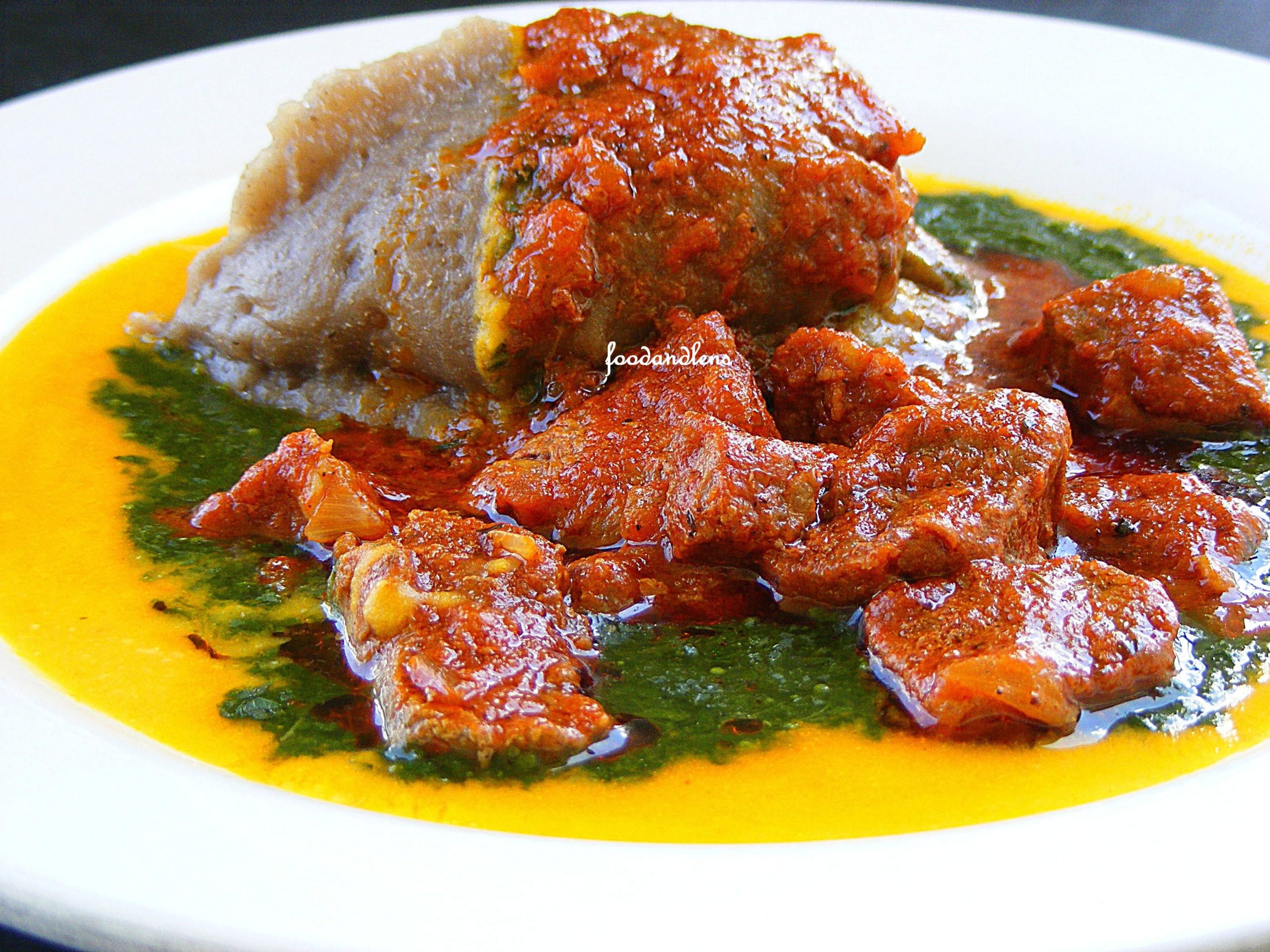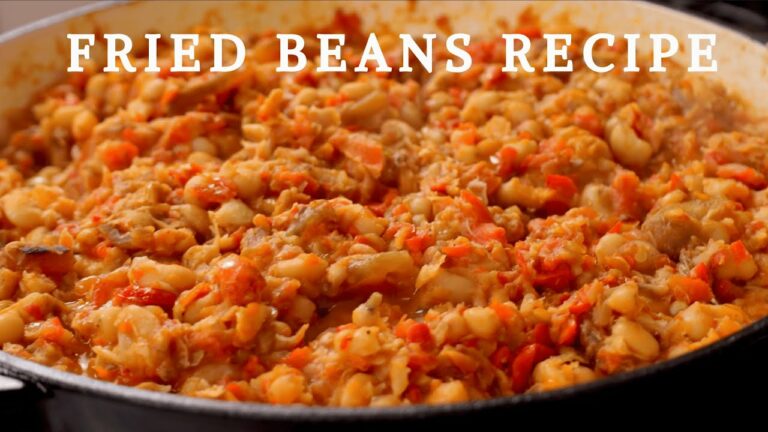
Gbegiri soup and Amala offer a taste of Southwestern Nigeria, a combination that reflects the culture and culinary expertise of the Yoruba people. This dish is more than just a meal; it’s a celebration of tradition, community, and shared heritage. Rich in flavor and deep in history, Gbegiri soup and Amala have become a staple in Nigerian homes and restaurants, especially in the Southwest.
Origins and Cultural Significance of Gbegiri Soup and Amala
The roots of Gbegiri soup trace back to the Yoruba-speaking regions of Southwestern Nigeria, where it is cherished for its earthy, comforting flavours. Gbegiri is made primarily from peeled beans, creating a smooth, velvety soup often paired with Amala. Amala, a traditional Nigerian swallow, is made from yam flour or unripe plantain flour. Together, they form a perfect match, loved for their contrasting textures and complementary flavours.
For the Yoruba people, this combination is much more than a dish. It is a centrepiece at family gatherings, festive celebrations, and community events. The significance of Gbegiri soup and Amala goes beyond taste, serving as a reminder of heritage and identity for many Nigerians.
The Ingredients Behind Gbegiri Soup and Amala
The Key Components of Gbegiri Soup
- Peeled Beans: The foundation of Gbegiri soup, providing a smooth texture and nutty flavor.
- Palm Oil: Adds a distinct, rich colour and taste.
- Seasoning: Common seasoning include crayfish, pepper, and bouillon cubes, giving the soup its signature taste.
- Stock or Meat: The soup frequently includes goat meat or cow skin (kpomo) for extra richness.
Crafting the Perfect Amala
- Yam Flour: The most common flour used, giving Amala its dark colour and elastic texture.
- Water: Used to create a dough-like consistency that pairs perfectly with Gbegiri.
The key to preparing Amala is patience and skill, as the flour must be gradually mixed into boiling water while stirring continuously. The result is a smooth, elastic dough that complements Gbegiri soup beautifully.
Enjoying the Gbegiri-Amala Combination
In Southwestern Nigeria, the combination is often enjoyed with another soup called Ewedu, a slimy green soup made from jute leaves. This triple combination, Gbegiri, Ewedu, and Amala, is a beloved part of Yoruba cuisine. The Gbegiri provides a smooth, nutty flavor; the Ewedu adds a fresh, slightly viscous texture; and the Amala brings it all together with its firm, stretchy consistency.
When served together, these elements create a culinary experience that’s rich in taste, texture, and tradition. A common way to enjoy this meal is to tear off a piece of Amala, dip it into the Gbegiri and Ewedu combination, and savour the harmonious blend of flavours.
Health Benefits and Nutritional Value
Gbegiri soup and Amala are not only delicious, but also offer several health benefits. Beans are a great source of protein, fibre, and essential vitamins, while Amala, made from yam flour, provides carbohydrates and dietary fibre. The dish is balanced and nourishing, making it a popular choice for people seeking a hearty and satisfying meal.
The addition of palm oil and meats like goat or fish provides healthy fats and protein, enhancing the overall nutritional profile. This combination ensures that Gbegiri soup and Amala deliver a well-rounded meal, perfect for all age groups.
The Future of Gbegiri Soup and Amala in Nigerian Cuisine
As Nigeria’s culinary landscape continues to evolve, Gbegiri soup and Amala remain a testament to the rich traditions of Southwestern Nigeria. The popularity of this dish is not limited to homes and local eateries; it is increasingly featured in high-end restaurants and even at international food festivals celebrating African cuisine.
This continued appreciation of traditional dishes like Gbegiri and Amala highlights a renewed interest in preserving and promoting Nigeria’s culinary heritage. The future of Gbegiri soup and Amala looks bright, with more people embracing their cultural roots through food.
A Timeless Classic in Nigerian Cuisine
Gbegiri soup and Amala encapsulate the essence of Southwestern Nigerian cuisine, a blend of flavours, textures, and cultural heritage. From its origins among the Yoruba people to its growing popularity across Nigeria and beyond, this classic dish remains a favourite, representing warmth, togetherness, and tradition. By mastering the art of preparing Gbegiri and Amala, one not only learns to cook, but also takes part in a rich cultural story that transcends generations.
Discover more from Amebo Media
Subscribe now to keep reading and get access to the full archive.




